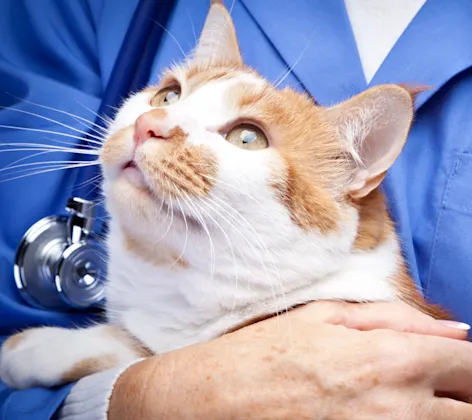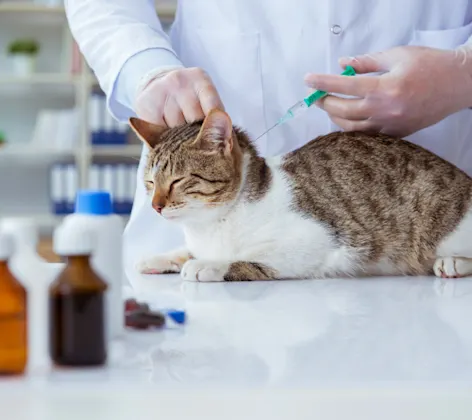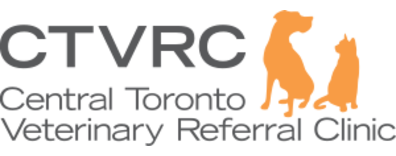Central Toronto Veterinary Referral Clinic

Services
Our Departments

Internal Medicine
Veterinary internal medicine is a term used to describe a variety of specializations that focus on the prevention, diagnosis, and treatment of diseases in animals.
Learn More

Surgery
A surgery specialist is trained to provide advanced surgical procedures to help in the diagnosis and treatment of your companion.
Learn More

Ophthalmology
Veterinary ophthalmology is a field of medicine dedicated to the diagnosis and treatment of eye-related conditions in animals.
Learn More

Cardiology
A veterinary cardiologist is one who specializes in the diagnosis, treatment, and management of diseases affecting the hearts of animals.
Learn More

Anesthesiology
Central Toronto Veterinary Referral Clinic offers the services of a board-certified specialist in veterinary anesthesia and analgesia for many of the procedures performed within the hospital.
Learn More

Oncology
At Central Toronto Veterinary Referral Clinic, we treat your companions as we would our own. We strive to provide a comprehensive approach to each patient's care. This means that our oncologist, Dr. Rebecca Bernstein, and our team will ensure that all medical needs are being met, and your companion's comfort and quality of life are at the forefront of all decisions.
Learn More
